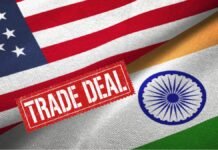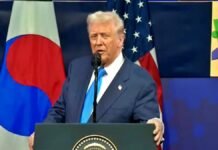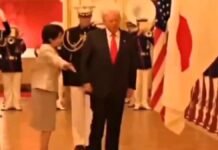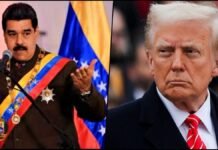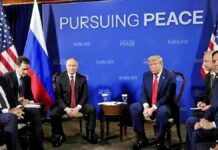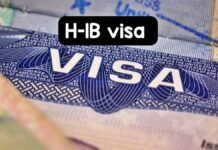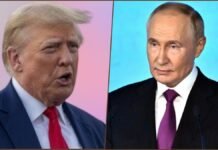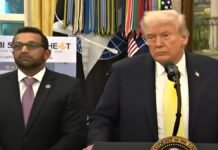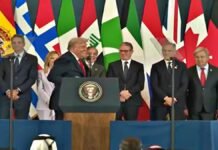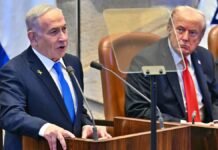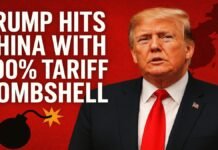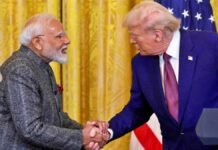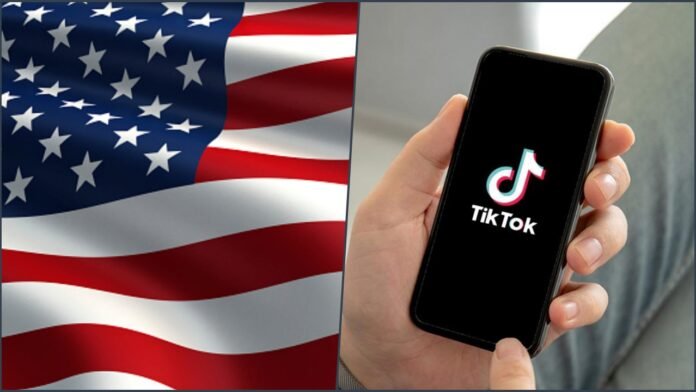
Key Points
- President Trump reveals deal with unnamed “certain company” that young Americans “very much wanted to save” via Truth Social
- Announcement follows “VERY WELL” trade meeting between US, EU, and China on Monday, September 15, 2025
- Trump scheduled to speak directly with Chinese President Xi Jinping on Friday regarding ongoing negotiations
- TikTok remains at center of US-China tech dispute over data security and algorithmic transparency concerns
- ByteDance-owned platform faces potential ban unless ownership structure changes to address national security issues
- App’s 170+ million US users await resolution as corporate negotiations continue behind closed doors
- Instagram Reels and YouTube Shorts positioned to benefit if TikTok access restrictions proceed
Washington D.C: President Donald Trump made a carefully worded announcement on Monday evening via his Truth Social platform, revealing that a deal has been reached involving an unnamed company that holds significant importance for American youth. While Trump refrained from explicitly naming TikTok, the timing and context of his statement strongly suggest the popular social media platform is at the center of ongoing high-level negotiations between Washington and Beijing.
The announcement came hours after what Trump characterized as a highly successful trilateral trade meeting involving the United States, European Union, and China. The positive tone of these discussions appears to have created momentum for resolving the contentious TikTok ownership dispute that has dominated US-China tech relations for the past several months.
Escalating US-China Tech Negotiations
Friday Summit with Xi Jinping
Trump’s confirmation of a Friday phone call with Chinese President Xi Jinping represents the highest level of diplomatic engagement on the TikTok issue to date. This direct leader-to-leader communication suggests that previous working-level negotiations have reached a critical juncture requiring presidential-level decision-making to move forward.
The timing of this call, just four days after the trilateral trade meeting, indicates that both sides view the TikTok resolution as integral to broader US-China economic cooperation. Trade experts suggest that the app’s fate may be linked to wider agreements on technology transfer, market access, and investment restrictions affecting both nations.
Trilateral Trade Meeting Success
The inclusion of European Union representatives in Monday’s trade discussions adds a multilateral dimension to what has primarily been a bilateral US-China dispute. EU officials have expressed similar concerns about Chinese-owned technology platforms operating within their jurisdiction, making coordinated Western responses increasingly likely.
The “VERY WELL” characterization suggests that participants reached preliminary agreements on framework principles for resolving tech sovereignty issues while maintaining global digital commerce flows. However, specific details of these discussions remain classified pending formal announcements.
TikTok’s Complex Corporate Structure
ByteDance’s Global Operations
TikTok operates as part of ByteDance’s extensive technology portfolio, which includes over 100 applications serving various global markets. Founded by Zhang Yiming in 2012, ByteDance has evolved from a Beijing-based startup into one of the world’s most valuable private technology companies, with operations spanning education, enterprise software, and consumer entertainment.
The company’s headquarters in Beijing’s Haidian district places it within China’s primary technology hub, home to major firms including Baidu, Xiaomi, and numerous artificial intelligence research institutes. This geographic concentration has heightened US concerns about potential coordination between private companies and Chinese government intelligence services.
Algorithm and Data Security Concerns
US national security officials have consistently highlighted two primary concerns regarding TikTok’s operations. First, Chinese laws theoretically require domestic companies to provide data access to government agencies upon request, potentially exposing American users’ personal information, browsing habits, and location data to foreign surveillance.
Second, TikTok’s proprietary recommendation algorithm, which determines content visibility for individual users, could theoretically be manipulated to influence American public opinion or promote content aligned with Chinese political interests. The algorithm’s effectiveness in engaging users makes it particularly powerful for potential information warfare applications.





